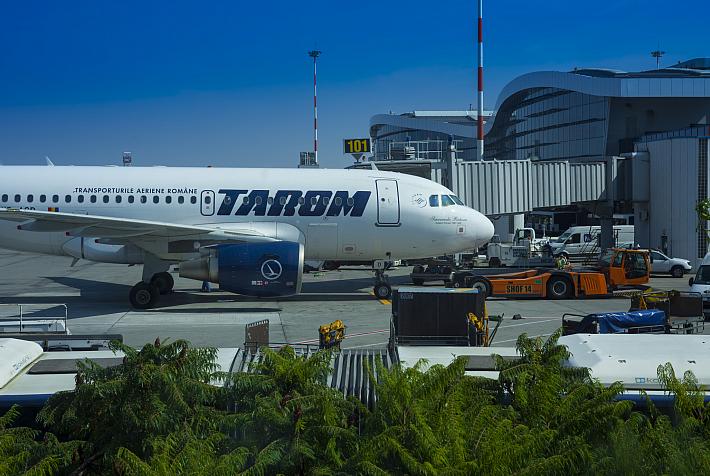Romania’s budget stands to lose EUR 5 bln until 2018 from social security tax cut

The social security tax (CAS) decrease planned by the Romanian Government starting October 1, 2014, will cost the state’s consolidated budget some EUR 5 billion, according to official estimates published by the Government.
The cabinet led by prime minister Victor Ponta aims to reduce the social security tax that companies in Romania pay for their employees by 5 percentage points. For employees that work under normal conditions, the CAS tax paid by employers will decrease form 20.8 percent to 15.8 percent. Employees also have to pay a 10.5 percent individual social security tax. Both these taxes are applied to the gross salary.
For the fourth quarter of this year, the measure will generate a minus of EUR 193 million on the budget. This should be covered by the higher than estimated revenues from the tax on special buildings, which the Government introduced in May this year. Companies will have to pay some EUR 330 million this year for this so called “pole tax”, compared to a EUR 110 million initially projected by the Government.
Romania’s consolidate budget for this year is based on EUR 49.3 billion revenues and EUR 52.6 billion expenditure. The projected budget deficit is EUR 3.3 billion, or 2.2 percent of the expected GDP for this year, of almost EUR 150 billion.
Next year, however, the Government has to come up with new solutions in order to cover a deficit of EUR 1.1 billion which will result from the social security tax reduction. This will grow to a EUR 1.25 billion deficit by 2017, official projections show.
The Government hopes to compensate this by a better tax collection and by a thorough examination of wealthy people's assets. These measures, however, failed to produce noticeable results so far. This is why budget revenues were below estimates in the first four months of this year, which led to the delay of the CAS reduction.
The decrease of the social security tax was one of the main promises made by the Ponta Government. The tax was supposed to be reduced starting July 1, but the Government didn’t reach an agreement with the International Monetary Fund (IMF) and the other international creditors on this matter.
This also led to an abrupt end of the IMF’s delegation visit to Romania, which didn’t receive an intent letter from the Government, to be discussed by the IMF board. Moreover, the next revision of Romania’s stand-by agreement with the IMF was postponed for fall.
The Government couldn’t produce any solution to compensate for the effect of the CAS reduction on the state budget, which would not imply other tax hikes, which was why the negotiations entered a deadlock.
Prime minister Ponta needs this tax decrease to happen in view of the presidential elections in November. He could run in these elections, although he said that a public announcement on his nomination will be made in August.
Andrei Chirileasa, andrei@romania-insider.com












